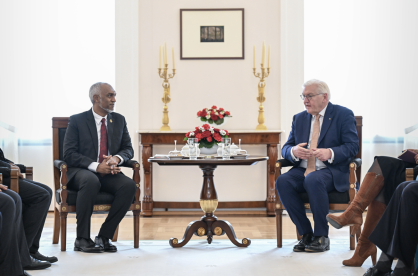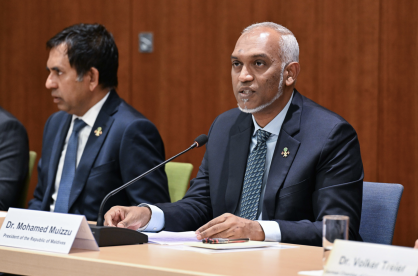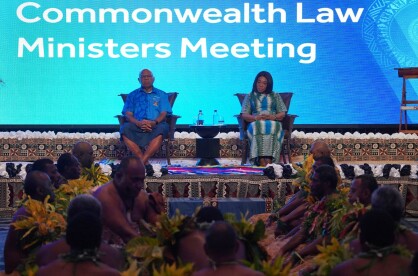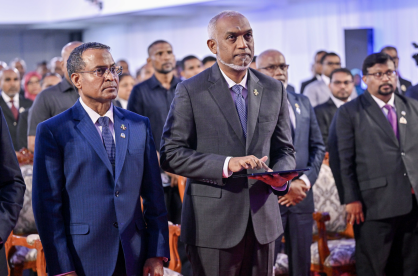In a commendable effort to democratize access to higher education, the Maldivian government has undertaken significant steps to ensure that students from all regions of the country can pursue advanced studies without facing undue financial burdens. While opportunities for higher education have expanded within the country, disparities persist, particularly for students residing in remote islands. These individuals often encounter challenges in accessing tertiary education, either being compelled to incur substantial loans for studies abroad or to uproot their families to urban centres, incurring significant costs in the process.
Addressing these concerns, the Ministry of Higher Education, Labour, and Skills Development recently announced a groundbreaking initiative. As part of the government's free degree scheme, students relocating from islands to urban areas for higher education will now receive a monthly stipend of MVR 6,000 to assist with living expenses. Dr. Mariyam Mariya, the Minister of Higher Education, emphasized the importance of this stipend in enabling students to focus on their studies without the burden of financial strain. The stipend, integrated into the loan structure, aims to alleviate the additional costs associated with pursuing higher education in urban centres.
Under this scheme, students enrolled in the government's free degree program will receive a monthly stipend upon request, providing crucial support for their living expenses. Importantly, the repayment period for this loan commences six months after the completion of the educational program, ensuring that graduates can establish themselves before assuming financial obligations.
To start off this initiative, the Government is set to give financial aid to 20 applicants, which will start a new era for students who are pursuing their higher education in the Maldives. This initiative has been met with widespread acclaim, as it promises to alleviate the financial barriers that have long hindered the pursuit of higher education for students from marginalized regions. By providing financial aid tailored to living expenses, the government aims to empower more students to pursue advanced studies, fostering a more equitable educational landscape.
Furthermore, the government's commitment to inclusive education extends to individuals with disabilities. Recognizing the unique challenges faced by these students, the Ministry of Higher Education has allocated 500 student loan slots specifically for individuals with disabilities. These slots encompass a range of educational opportunities, from diploma to PhD studies, ensuring that students with disabilities have access to diverse academic pathways. This is also the first time that the Government has made such a progressive step, making education more inclusive for individuals with disabilities.
Crucially, the government has pledged additional support to accommodate the needs of students with disabilities, acknowledging the additional expenses they may incur for specialized aids or assistance.
“For example, some students require special aid, or special arrangements have to be made for them. Previously, it was determined that these students would receive the loan on the same basis as other students. If we are unaware of the student's disability in advance, we won't know what assistance we can provide. The loan is also merit-based, but we have special opportunities for these students” - State Minister for Higher Education, Ahmed Shafeeu
The loan application process has been streamlined, with applications accepted until March 21, as per the Ministry of Higher Education's guidelines.
By addressing financial barriers and accommodating the needs of diverse student populations, the government endeavours to create a more equitable educational landscape, where every individual has the opportunity to fulfil their academic aspirations, irrespective of background or circumstance.
Source: https://edition.mv/news/32094






